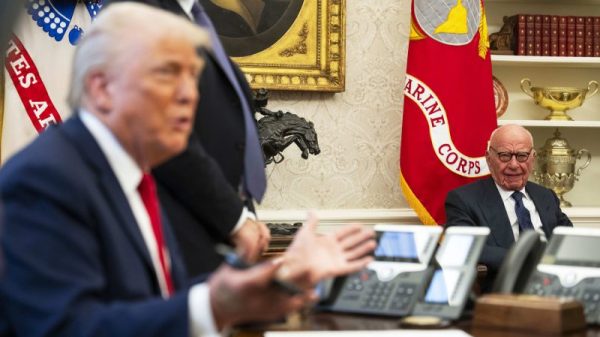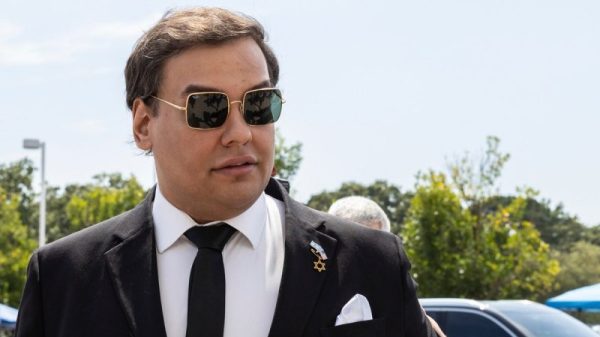In a scathing new report published by a bipartisan task force, the United States Secret Service has come under intense scrutiny for a myriad of failings and deficiencies that have left the agency beleaguered and struggling to fulfill its core mission. The report, which follows a comprehensive review of the agency’s operations, highlights a number of significant issues that have plagued the Secret Service in recent years, raising serious questions about its ability to effectively protect the President and other high-profile officials.
One of the primary criticisms leveled against the Secret Service in the report is the agency’s lack of adequate funding and resources. The task force found that budget constraints have severely hampered the agency’s ability to recruit and retain top-tier talent, invest in critical technology and equipment, and provide necessary training for its agents. These deficiencies have, in turn, compromised the Secret Service’s ability to carry out its protective mission effectively and efficiently.
Furthermore, the report highlights systemic cultural issues within the agency that have contributed to a decline in morale and performance among its ranks. The task force uncovered a pervasive good enough mentality among some Secret Service personnel, with a focus on meeting minimum standards rather than striving for excellence. This complacency, the report suggests, has led to a decline in professionalism and a failure to adapt to evolving threats and challenges.
In addition to these internal challenges, the report also points to external factors that have placed additional strain on the Secret Service’s operations. The task force identified a significant increase in the volume and complexity of threats against protected individuals in recent years, placing an unprecedented burden on the agency’s resources and capabilities. This surge in threats, coupled with the agency’s limited capacity to respond effectively, has created a dangerous gap in the Secret Service’s protective capabilities.
In light of these findings, the bipartisan task force put forth a series of recommendations aimed at addressing the Secret Service’s most pressing deficiencies and restoring the agency to a position of strength and effectiveness. These recommendations include calls for increased funding and resources, a comprehensive review of the agency’s organizational culture, and the implementation of new policies and procedures to enhance training and operational performance.
Ultimately, the report serves as a wake-up call for the Secret Service and underscores the urgent need for reforms to ensure the agency can fulfill its critical mission of protecting the nation’s leaders and securing the safety of the American people. Only through a concerted effort to address its shortcomings and adapt to the evolving security landscape can the Secret Service regain the trust and confidence of the public it serves.


































